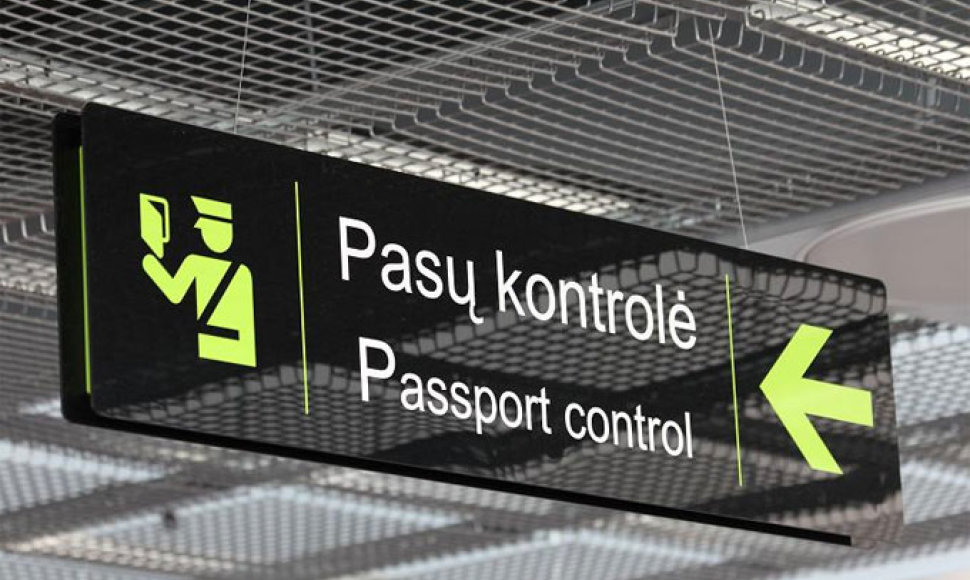In an address sent to European Commissioner for Home Affairs Cecilia Malmstrom last week, interior ministers of Lithuania, Latvia, Estonia and Finland urged the EU to launch advanced border control system before deciding on a visa-free regime.
"The aim of the address is to call the EC member's attention to the sharp increase of people coming through the EU's external borders. This has to do with the package under discussion in connection to the so-called wise borders, which envisages closer cooperation among EU countries," Lithuanian Interior Minister Artūras Melianas told BNS.
In his words, the number of people from non-EU countries coming via the Baltic states and Finland grows by 20-30 percent every year, this is due to economic and political pressures.
He emphasized the issue was even more relevant amid the discussions to drop visa requirements for Russian citizens in the future. Russia's Foreign Minister Sergey Lavrov expressed hope recently that the visa-free travels would be launched as early as in 2014.
"Decisions about openness of the Schengen zone will be made by EU institutions, therefore, it would not be right for me to specify any timeframes. This has to do with readiness of the whole EU, not only Lithuania, as well as Russia's readiness to manage the flows of people," Melianas said.
The letter draws attention to the advanced border management instruments, which would enable improving the management of travelers and border control.
One of the options is the so-called entry/exit system, which, according to EU documents, would allow setting the duration of allowed presence and check an individual's travel history.
In the letter, the ministers said that "it is essential that the entry/exit system is based on biometrics" in an effort to ensure home security.
Furthermore, the Balts and Finland called for efforts to assure that system data would be accessible for law-enforcement institutions for "prevention, detection and investigation of cross-border crime."
"In order to be able to manage increasing number of travelers and to tackle cross-border crime, illegal immigration, smuggling and trafficking of people, EU should make sure its own systems are built and developed prior to visa-free regime with its large neighboring countries," the ministers said.
"Finland, Estonia, Latvia and Lithuania want to maintain free traveling within the Schengen area. However, we feel that without efficient tools the credibility of Schengen would be put in jeopardy," reads the letter.
As compared with 2010, 2011 marked a 60-percent climb in the number of Russian citizens crossing the Lithuanian border. Furthermore, a 20-percent increase in the number of illegal migrants who overstayed their visas was observed.












